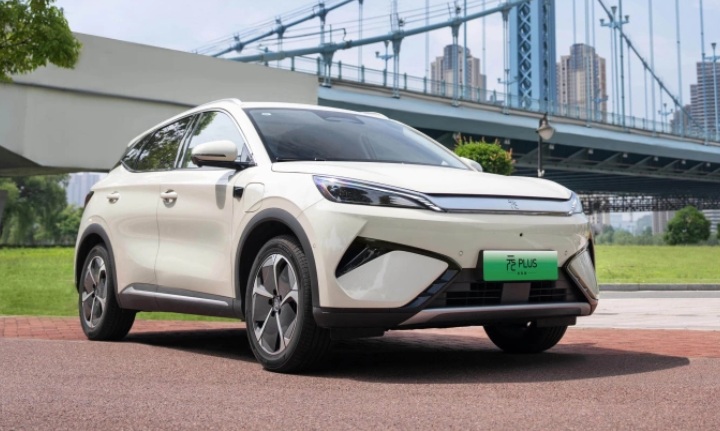Rare metals such as nickel, cobalt, manganese, and lithium, essential components in electric vehicle batteries, can now be almost entirely recycled thanks to new technology and standards introduced by China.
According to a national pilot program report, the recovery rates for precious metals like nickel, cobalt, and manganese have reached an impressive 99.6%, while lithium recovery stands at 96.5%. These figures set a new global benchmark in battery recycling, directly attributed to China’s newly implemented national standards for EV battery dismantling and recycling.
To date, China has issued 22 national standards related to battery recycling, covering technical specifications, management processes, dismantling methods, and post-use energy assessment. The widespread adoption of these standards has significantly reduced production costs, lowered emissions, and laid the groundwork for a circular economy in the clean energy sector.
Furthermore, China has established a national technical committee on battery recycling, bringing together stakeholders across the entire value chain, from raw material extraction and manufacturing to recovery and reuse. The committee’s scope extends beyond electric vehicles to include maritime and energy storage sectors, reflecting a comprehensive approach to sustainable development.
On the international stage, China is actively shaping global standards. Its experts participate in numerous international technical committees, contributing to regulations on reused battery performance, classification of used batteries, and recycling guidelines. Notably, China’s proposal for “General Guidelines on Deep Discharge in Battery Recycling and Reuse” has been approved by the International Electrotechnical Commission (IEC) as an official international standard project. Nearly 40 Chinese experts are directly involved in these technical groups, underscoring China’s leadership and influence in renewable energy.
Simultaneously, China’s Ministry of Industry and Information Technology has tightened mandatory safety regulations for lithium batteries, including a ban on recycled batteries in electric bicycles due to high fire risks. New safety standards are continually refined for each product category to ensure safe, efficient, and environmentally friendly recycling processes.
TH (Tuoitrethudo)
Electric Vehicle Battery Recycling: Uncovering the Gold Mine in the Green Revolution
The transportation industry is undergoing a revolutionary shift with the rise of electric vehicles, and the recycling of EV batteries is emerging as a promising sector. With an impressive growth rate and an ever-increasing economic value, the EV battery recycling industry is poised to become a significant player in the sustainable future of mobility.
VinFast partners with Marubeni for electric vehicle battery recycling
VinFast and Marubeni Corporation have recently announced a Memorandum of Understanding (MOU) to collaborate on the repurposing of electric vehicle batteries, with the aim of fostering a circular economy. This MOU is a significant milestone in the strategic partnership between the two companies and underscores their commitment to reducing greenhouse gas emissions in Vietnam and globally.














































